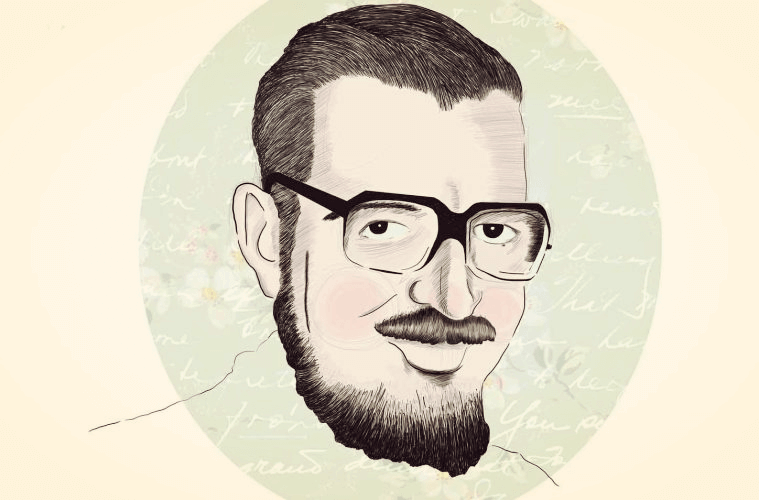The name Estanislao Zuleta is not well known outside Colombia, although this philosopher and psychoanalyst has been appointed advisor to the UN and has acquired considerable cultural influence, leaving us a set of texts and conferences that remain a subject of study for the future. Generations.
One of the most interesting aspects of Estanislao Zuleta’s career is that he was a self-taught person who rejected formal education and who has made orality his main means of communicating knowledge, so without texts, most of his work consists of lectures, many of which are transcribed.
- “Poverty and helplessness of imagination are never as clear as when we try to imagine happiness.
- So we started inventing paradises.
- Lucky islands.
- Fantastic countries.
- A life without risks.
- Without struggles.
- Without seeking to conquer and without death.
- And so.
- Also without need and desire?.
- ? Stanislao Zuleta?.
Estanislao Zuleta mainly analyzed politics, education and power relations in Latin America, with a fundamentally ethical purpose. He sympathizes with Freud and Lacan’s thesis, but gives his own interpretation of his ideas. This is one of the characteristics of psychoanalysis: it is said that there are both psychoanalysis and psychoanalysts.
Estanislao Zuleta was born in Medellin (Colombia) in 1935, a family clearly oriented towards books and culture, his father died in a plane crash when he was only 5 months old, this accident was very famous and left a very strong mark, because on the same plane was Carlos Gardel, the tango idol.
In his youth, Stanislas Zuleta decided to leave school because he saw it as an instrument that stagnated his skills rather than improve them, since then a process of self-taught formation has begun, which has never ended, he was seduced by the teachings of the classical Greeks, Nietzsche, Marx and Freud, who combined these great streams of thought in a very particular way.
His great mentor was Fernando González, known as “El Brujo de Otraparte”. This Colombian thinker was characterized by his intelligent reflections and scandalize the conservative society of the time, as well as fostering free thought and free expression. Stanislao Zuleta was perhaps his most famous disciple.
Although he has no formal academic training, Estanislao Zuleta has been a university professor for most of his life, in 1980 the Universidad del Valle (Cali, Colombia) awarded him the title of Doctor Honoris Causa in Psychology, after receiving this award, Zuleta gave one of the most famous speeches of all he gave, this was called the pyropo of difficulty and became a famous text that inspired many generations.
His personal life was not exactly a monument to order and moderation, on the contrary, his excesses with alcohol were famous, as were sleepless nights and conversations with poets, writers and intellectuals until dawn.
However, one of his great virtues that everyone has always highlighted has been his rigor in reading, which has given him a privileged place in education, politics and reflection. One of his best-known and most beloved works is precisely the Essay on Reading. In it, the psychoanalyst exalts not only the fact of reading, but the fundamental importance of digesting what is read.
Stanislao Zuleta frequented bars and cafes, there he sat down and never rejected anyone who wanted to join him in the conversation, another of his essays apologized to the conversation for being an excellent representative of this art, suggested that, in an exchange of ideas with someone who thinks differently, the only ethical behavior is to look for all the arguments that allow to get along with the interlocutor , rather than countering it. If these arguments are not found, you can continue with the way you think.
He believed that psychoanalysis made it possible to change the world, and ventured into various psychoanalytic reflections applied to society. One of his most interesting works is “On the Idealization of Individual and Collective Life”. This document shows you trying to build social paradises?it only leads to the creation of authoritarian societies, in the name of perfection.
One of his great friends, Jorge Vallejo, wrote a biography of Estanislao Zuleta a few years after his death. It received the title of “Rebellion of a bourgeois”. We see a man full of contradictions, but with unlimited lucidity and generosity.
Today, there is a stream of thought dedicated exclusively to the study of his work, he is a thinker who, although less famous, deserves to be known and analyzed.

